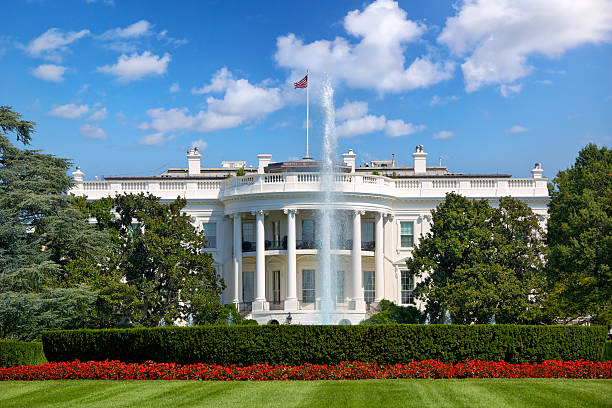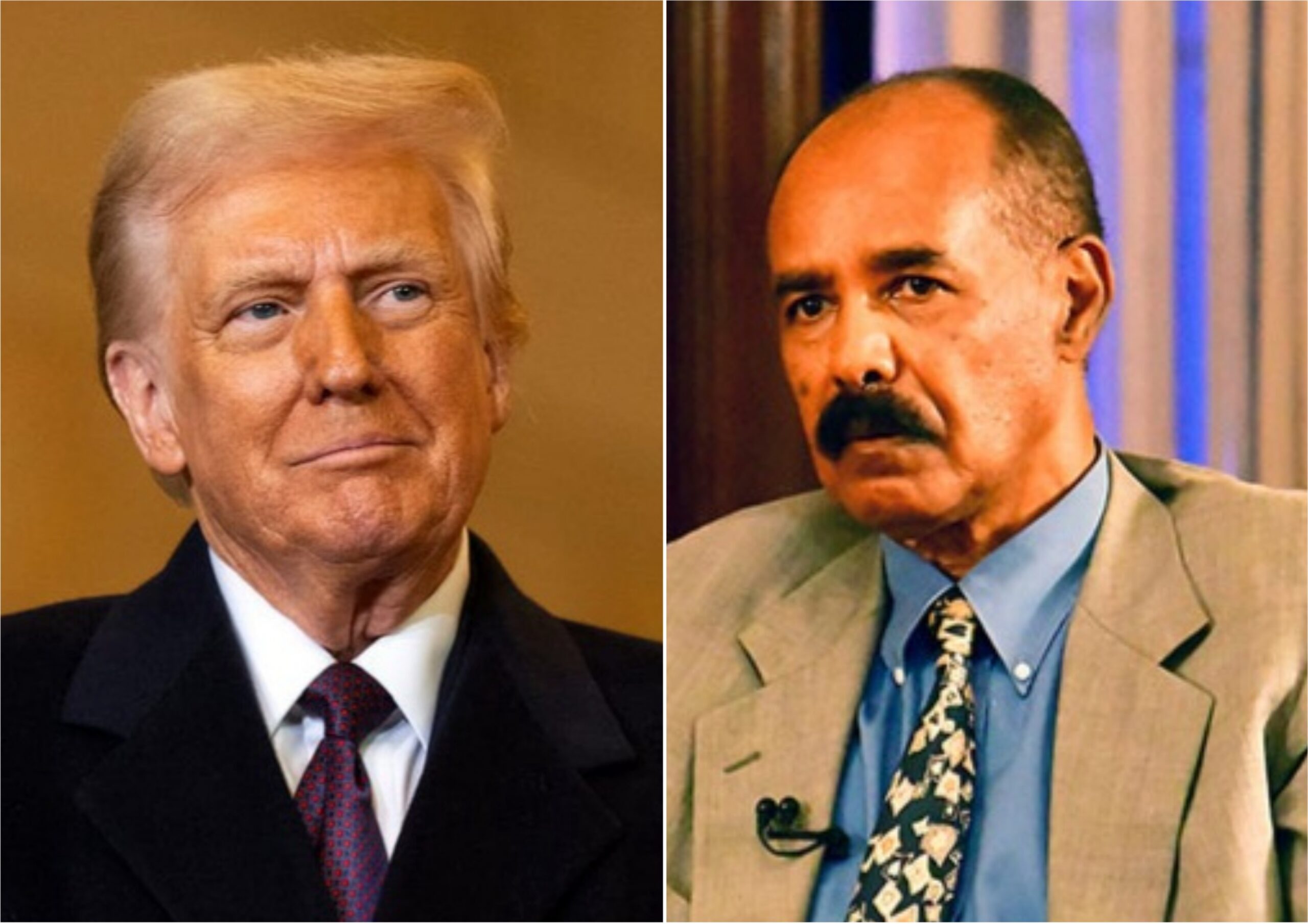By AGGREY MUTAMBO
Russian Foreign Minister Sergey Lavrov touched down in Nairobi on Monday morning for a series of meetings with local leaders, his first trip to Nairobi but his fourth to Africa since the war in Ukraine began last year in February.
Mr Lavrov’s itinerary was not made public, but he was scheduled to meet President William Ruto and leaders of the Kenyan parliament and the Foreign Affairs ministry.
His trip is significant for both Kenya and the ongoing Russian war in Ukraine.
The top Russian diplomat is expected to fly out to South Africa later for a ministerial meeting of members of the BRICS bloc – five emerging nations, namely Brazil, Russia, India, China and South Africa, which had also invited a number of other countries.
Ahead of arrival, the Russian Embassy in Nairobi described Kenya as ‘friendly’ to Russia. Nairobi was one of the first African countries to oppose Russia’s invasion of Ukraine last year. Kenya’s Permanent Representative to the UN, Martin Kimani, then sitting on the UN Security Council, had warned that such an invasion could easily re-erupt “embers of dead empires.”
Kenya has since stuck with the policy stance of the African Union, which calls for dialogue between Moscow and Kyiv.
Lavrov’s trip reflects the continuous campaign in Africa by both Moscow and Kyiv. And they are tapping food security to sway support. Last month, Russia said it was sending 200,000 tonnes of fertiliser to Kenya.
On Africa Day, May 25, the Russian government said it had sent a donation of fortified oil worth $1 million to be distributed to those facing hunger in Kenya.
Grain charm offensive
Moscow has also been campaigning against sanctions imposed by the West, arguing they are blocking the supply of needed wheat to Africa.
But wheat is also what Ukraine is sending. This week, Ukrainian Foreign Minister Dmytro Kuleba was completing his Africa trip, presenting his country’s ten-point agenda for peace.
It includes issues like global food security, radiation and nuclear safety, energy security and the release of all prisoners and deportees.
“Today, on this day of unity (Africa Day), I would like to ask you to support the unity of Ukraine by supporting the peace formula proposed by President Zelensky,” Kuleba said in a video message conveyed on Thursday from the African Union headquarters.
“This is the only way to restore peace in Ukraine and prevent future wars.” This was his first-ever trip to Ethiopia. Mr Kuleba also visited Morocco, Rwanda and Mozambique on his latest trip seeking the support of African leaders.
In Mozambique, where he met with his counterpart Veronica Macamo, Kuleba said his country would take “our bilateral relations to a new level.”
“We will also include Mozambique in President (Volodymyr Zelensky) ’s humanitarian programme ‘Grain from Ukraine’.
After a meeting with President Filipe Nyusi, Kuleba said his country would also establish an embassy in Maputo.
Strengthening ties
Moscow has been keen to re-establish its old Soviet ties with Africa. It has made several military cooperation deals. Russian paramilitary firm, the Wagner group, has deployed in several African countries.
South Africa, which enjoys historic ties with Russia when the Kremlin supported the ruling ANC in its struggle against apartheid, has taken a neutral stance on the Ukraine conflict.
But Kuleba, in his campaign, insists that “neutrality is not the answer.”
“By being neutral towards Russian aggression against Ukraine, you project your neutrality onto broader violations and mass crimes that may occur very close to you, if not happen to you,” he said.
But then he admitted Ukraine didn’t consider Africa as important in the past. “Ukraine’s relations with African countries have not received proper attention in our foreign policy for years and we have lost a lot.
It wants to establish more embassies to improve this, he said.
Last week, South Africa said it was leading a group of African countries to try mediation between Russia and Ukraine. Neither of the two countries have expressed willingness to hold dialogue under the leadership of African countries, but South African President Cyril Ramaphosa said he had spoken to both Zelensky and Russian leader Vladimir Putin on the issue.
(Source: The East African)



